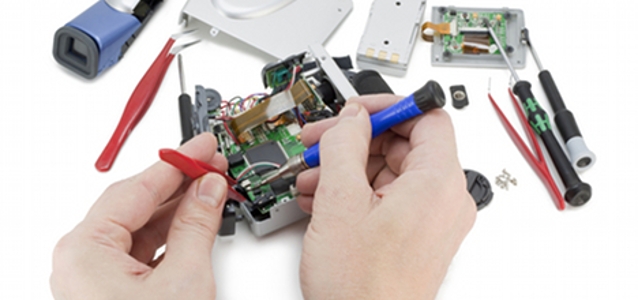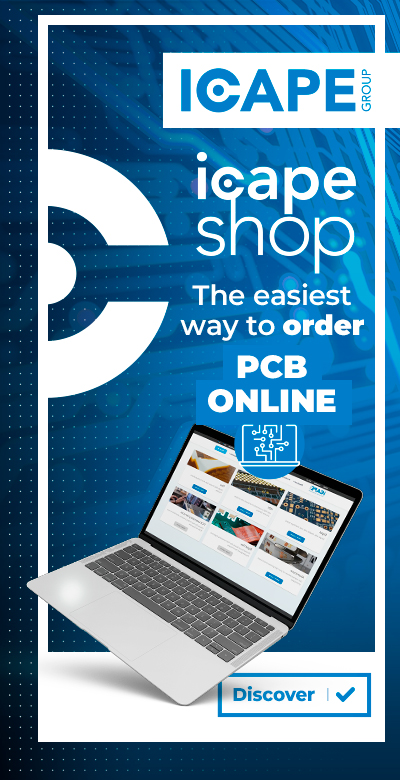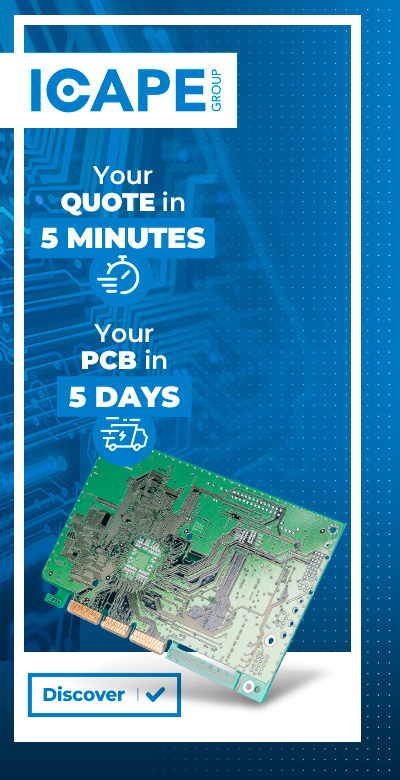
© aleksandr volkov dreamstime.com
PCB |
PCBs from Asia traded by western PCB Manufacturer
Today’s reality of smaller and medium size western based PCB manufacturers often requires supplementing their own production with PCBs manufactured elsewhere, mainly in Asia.
The advantages gained are:
- Coverage of volumes and/or technologies that are not within the factory’s capabilities.
- Keep existing customers from wandering off to competition, by satisfying some of their special needs.
- Possible attainable sales volumes
- Strategic importance of the customer
- Trust
- Fixed offices on the ground where boards get produced.
- Experienced and trustworthy western management speaking your language
- Residential yield improvement engineers embedded in the manufacturing sites
- A quality control organization constantly driving yield management
- Capabilities to provide all possible lot sizes.
- There should be no minimum order quantity for you.


